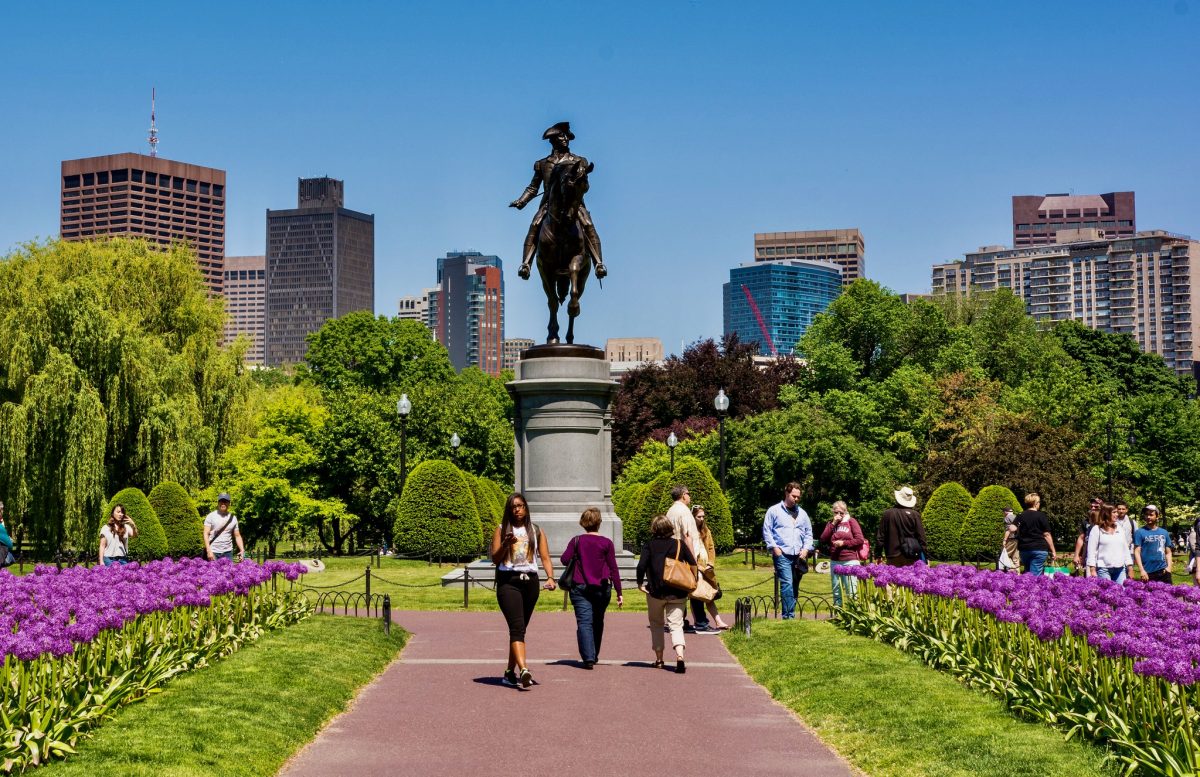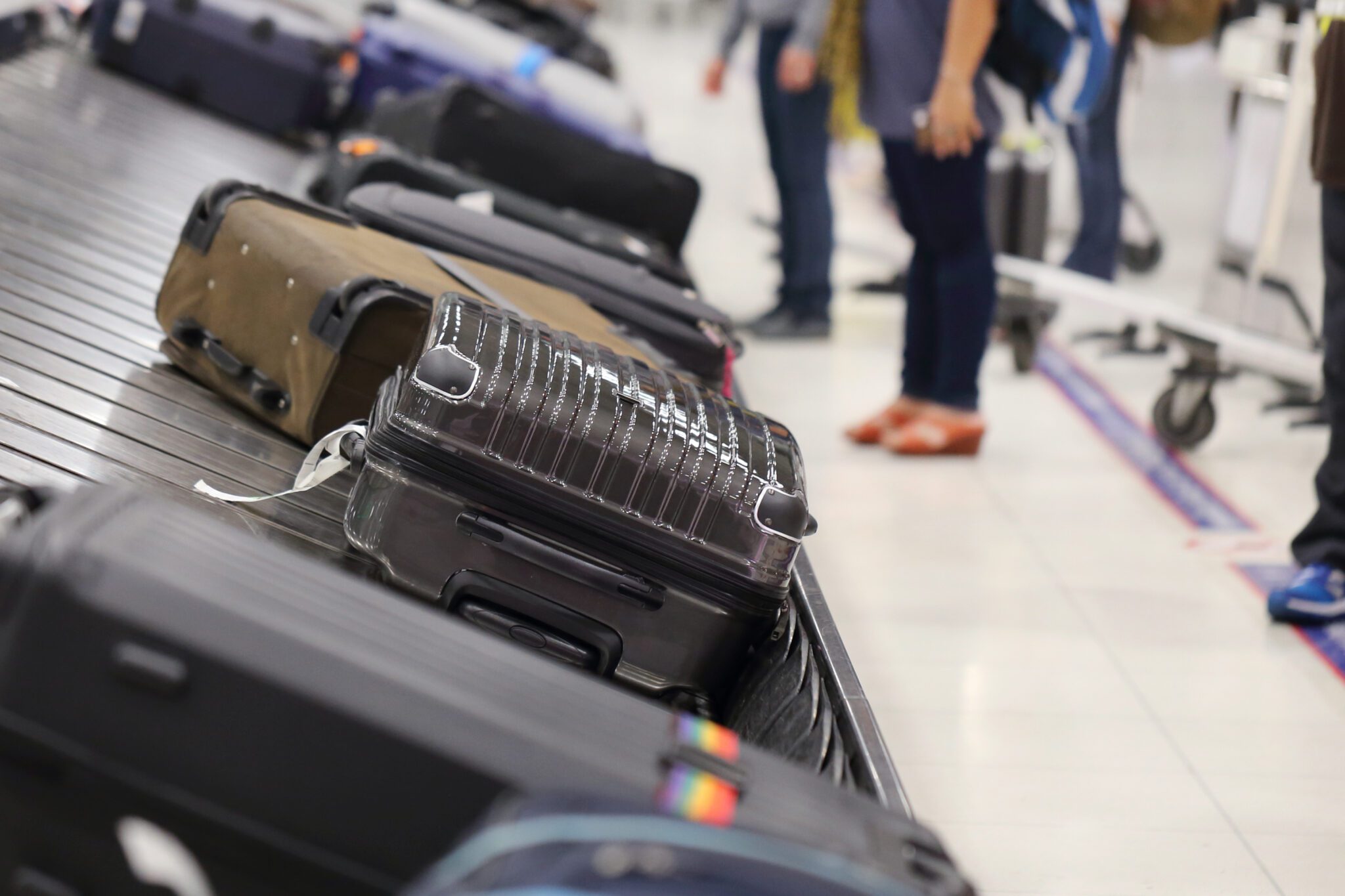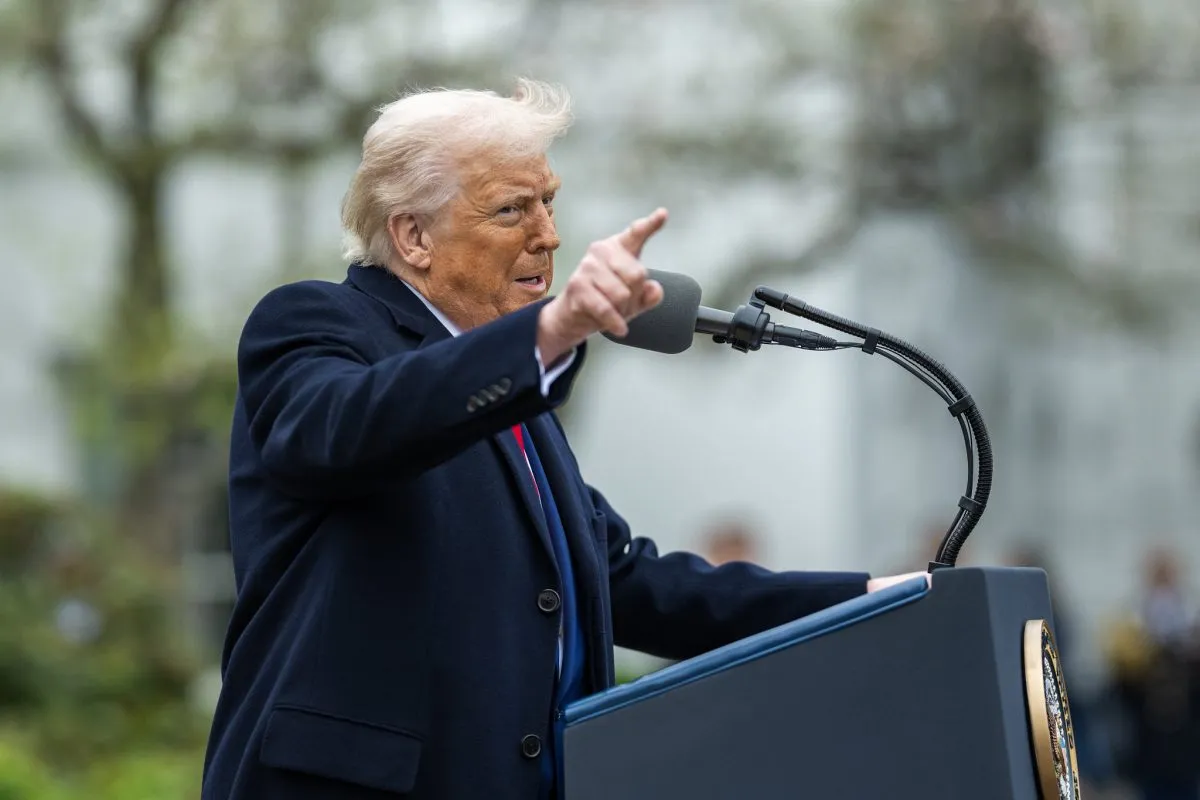International Visitor Spending in U.S. Still Severely Lagging, New Data Shows

Skift Take
The amount of money that international visitors pour into the U.S. economy continues to lag significantly compared to pre-pandemic levels, according to fresh data released this week by the U.S. Department of Commerce.
In December, the month following the United States reopening its borders to all vaccinated persons, international visitors spent $10.4 billion on travel and tourism in the U.S., or just over half of 2019 levels, according to Commerce’s International Trade Administration (ITA) and its National Travel and Tourism Office.
“The increase in international visitor receipts is encouraging following the reopening of U.S. ports of entry in November, though total travel exports in December remained at only 51 percent of pre-pandemic levels,” said Tori Emerson Barnes, executive vice president of public affairs and policy at U.S. Travel Association.
The lag is no surprise given that America kept an entry ban in place for most of 2021 on its major transatlantic routes, including on European Union countries, the United Kingdom and South Africa.
But looking further at the annual figures released by the International Trade Administration paints a dimmer picture: U.S. international visitor spending reached $80.1 billion in 2021, which is a recovery of just 33 percent of 2019 spending levels.
“Regaining spending by international travelers will boost America’s travel trade balance and lead to the recovery of lost jobs following two years of steep declines,” said Barnes.
Brand USA, the entity in charge of marketing the U.S. in international markets and bringing back tourists, continues to await approval from Congress for a one-time allocation of $240 million in surplus funds under the proposed Restore Brand USA Act. The Act passed the Senate in 2021 with bi-partisan support, and there was optimism that the House version would be identical and that the bill would pass as part of a broader proposed Omnibus Travel and Tourism Act of 2021 by the end of the year.
That didn’t happen, and U.S. Travel is now continuing to advocate for the bill’s passage in time for America to be able to compete for international travelers.
“To increase demand and visitation, U.S. Travel is asking Congress to provide immediate emergency funding of $250 million to Brand USA by passing the Restoring Brand USA Act, which will equip the nation’s destination marketing organization with needed resources to promote all regions of the United States,” said Barnes.
“We are also urging the Biden administration to lift the pre-departure testing requirement for entry for vaccinated travelers coming into the U.S. and to prioritize visa processing immediately to address wait times that exceed a year in some markets.”
Chris Thompson, CEO of Brand USA, had told Skift on the eve of the U.S. reopening to the world’s vaccinated travelers in October 2021, that he expected the U.S. to beat all projections and attract international travelers sooner than 2023.
But with the competition expected to heat up as of this spring — on the other side of Omicron and as more regions, including Europe and Australia, loosen entry rules for the fully vaccinated — an accelerated rebound of the U.S. international visitor economy will likely require swifter and more decisive action on the legislative and marketing fronts.




